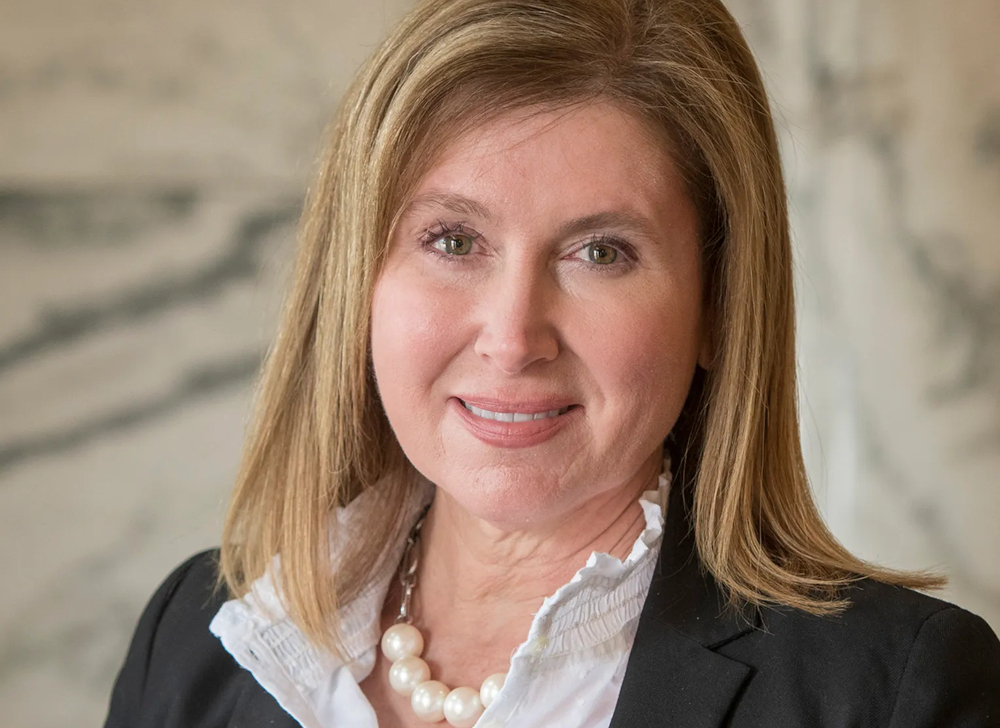Massachusetts cannabis regulators say intoxicating hemp products constitute a “public menace” to the health of the state’s citizens, and are harming regulated marijuana dispensaries that operate under strict rules.
The state’s Cannabis Control Commission (CCC) said it will testify before a joint hearing of the state legislature’s cannabis policy and agricultural committees in July to urge lawmakers to crack down on the products.
“I’ve heard from many of our (marijuana) licensees that (the products are) impacting them greatly,” said CCC Commissioner Kimberly Roy. “These are hemp products that are unregulated, that aren’t tested, that our children can buy.”
Insomnia
The CCC has been reluctant to take a stand on the intoxicating hemp products, referred to as “gas station pot,” “diet weed” or “marijuana light,” saying they fall outside the agency’s jurisdiction. Roy stressed that the products, usually sold in the form of gummies and other edibles, are not tested or age-restricted in the same way that the state’s legal marijuana products are.
“It keeps me up at night,” Roy said of the products, widely available to consumers young and old in convenience stores, bodegas, hemp shops and other common retail outlets.
Massachusetts adopted legislation in 2020 that allows registered marijuana businesses to trade in hemp products under CCC regulations. Those products are tested by laboratories licensed by the CCC, and sales are subject to age restrictions.
Synthetic pot
The intoxicating hemp compounds are marketed as an alternative to marijuana, which contains the psychoactive compound delta-9 THC. In addition to delta-8 THC – the most popular of the intoxicating hemp compounds – the troublesome “high”-producing substances include delta-10 THC, THC-O-acetate, HHC, THCP and others. Most of the substances start with hemp-derived CBD base material that then goes through a synthetic process.
After over-the-counter CBD extract health aids boomed and then busted beginning in 2019, companies left holding backlog CBD stocks started selling them to the dodgy producers of the psychoactive compounds, spawning a multi-billion dollar market across the U.S.
Citizens opposed
Massachusetts Department of Agricultural Resources Commissioner Ashley Randle, whose agency is responsible for regulating hemp in the state, said in February that her agency is working with the Department of Public Health, the state food regulator, to put out new guidance on the hemp products. Those guidelines have yet to be issued, however.
A poll conducted in the state in April showed that 55% of respondents said the intoxicating hemp products should be sold only in licensed dispensaries; 28% said they should be allowed to be sold in other retail establishments.
Congress has a chance to clarify the legality of intoxicating hemp products by amending the next U.S. Farm Bill, delayed from last year. Proposed new provisions recently floated would close the federal loophole that legalized the substances, but a new Farm Bill likely will not emerge until 2025. In the meantime that leaves states to protect consumers from the unregulated products.

